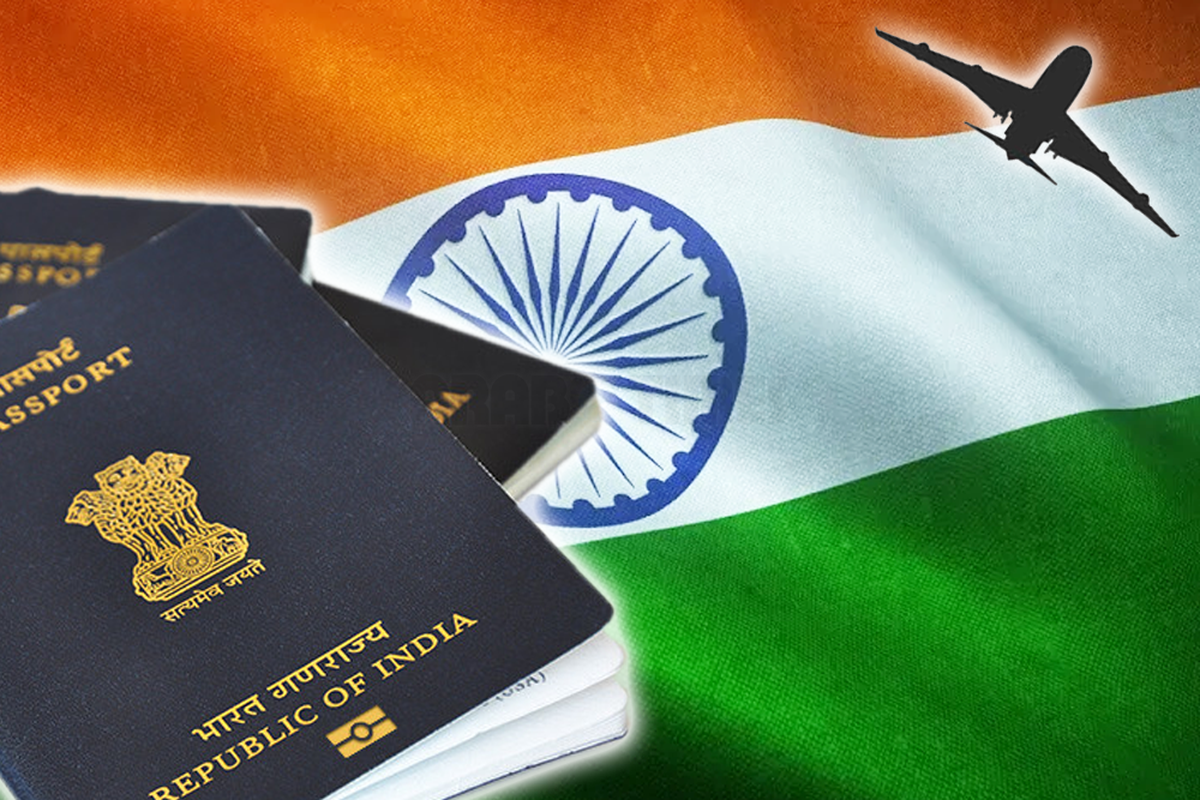22/05/2025
22/05/2025

NEW DELHI, May 22: The Government of India has commenced the phased rollout of the biometric ePassport, a modern travel document combining traditional paper credentials with embedded electronic technology. The ePassport features a secure RFID chip and antenna embedded within its cover, visibly marked by a gold-colored symbol on the front.
This new initiative places India among over 120 nations, including the United States, Canada, France, Japan, and Australia, that have already adopted biometric passports—a global standard in secure identity verification.
The move aligns with guidelines set by the International Civil Aviation Organization (ICAO) and represents a significant advancement in national security, identity protection, and travel efficiency. As global travel surges post-pandemic and border security becomes increasingly vital, the ePassport promises Indian travellers a safer, smoother, and faster international travel experience.
Key Features and Advantages of the Indian ePassport
- Enhanced Data Security: The ePassport stores the holder’s personal and biometric data in both printed form and a digitally signed chip, drastically reducing the chances of forgery and identity fraud.
- Advanced Encryption Protocols: Backed by Public Key Infrastructure (PKI), the chip ensures the authenticity and integrity of stored data, protecting it from unauthorized access.
- Global Standards Compliance: Developed per ICAO Document 9303, the ePassport includes:
- Faster Immigration Processing: Biometric verification enables contactless, automated clearance at border checkpoints, reducing wait times and improving efficiency.
- Global Compatibility: The ePassport is interoperable with immigration systems in most countries, streamlining entry and exit procedures.
- Fraud Prevention: The passport’s advanced features make duplication or tampering extremely difficult, safeguarding against counterfeiting.
- Traveler Convenience: ePassport holders can utilize automated e-gates at international airports, bypassing manual checks.
- National Security Boost: Incorporating biometric data strengthens surveillance at borders and combats identity theft and illegal migration.
- Efficient Renewals and Updates: Electronic storage enables quicker and more seamless updates of personal information, simplifying administrative processes.
- Digital Transformation Milestone: The ePassport marks a significant leap toward a paperless, tech-driven future, supporting India's broader digital governance and smart mobility goals.
Until then, citizens can continue to use their standard passports without disruption.


